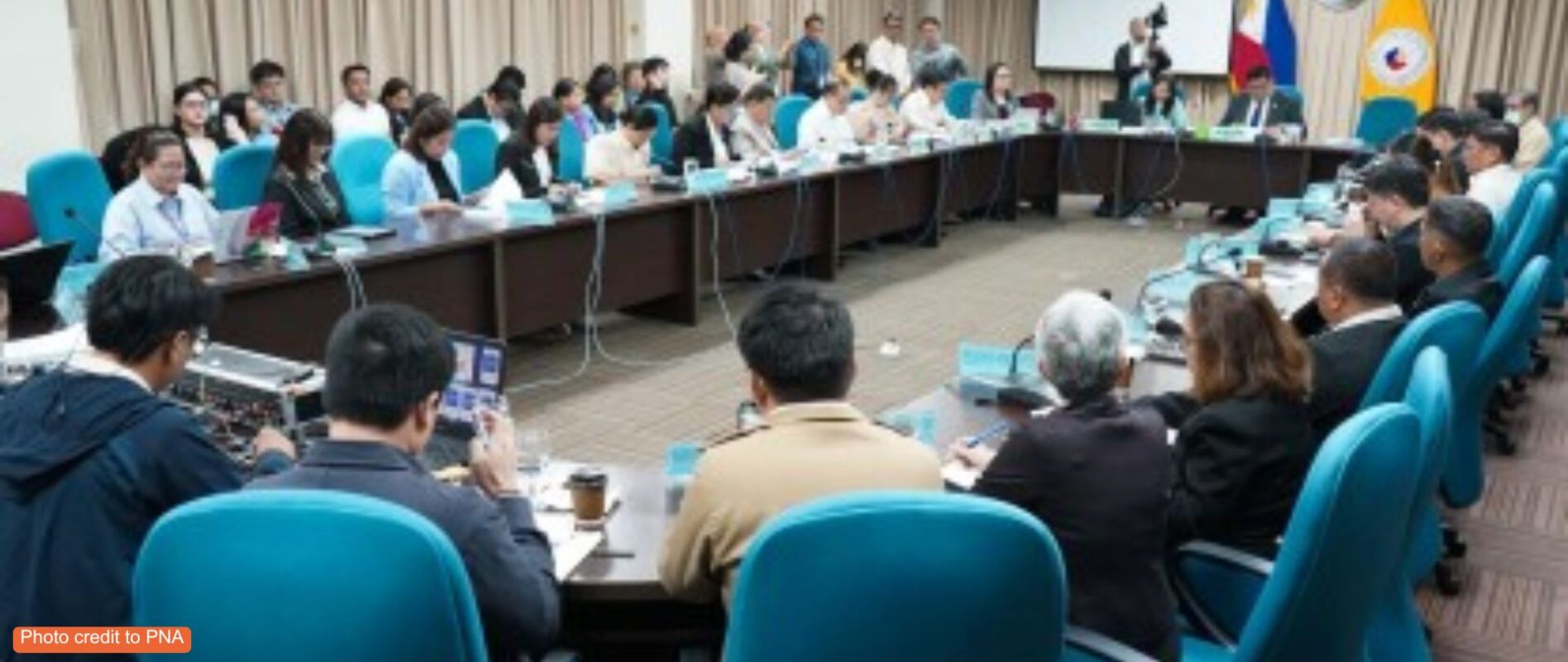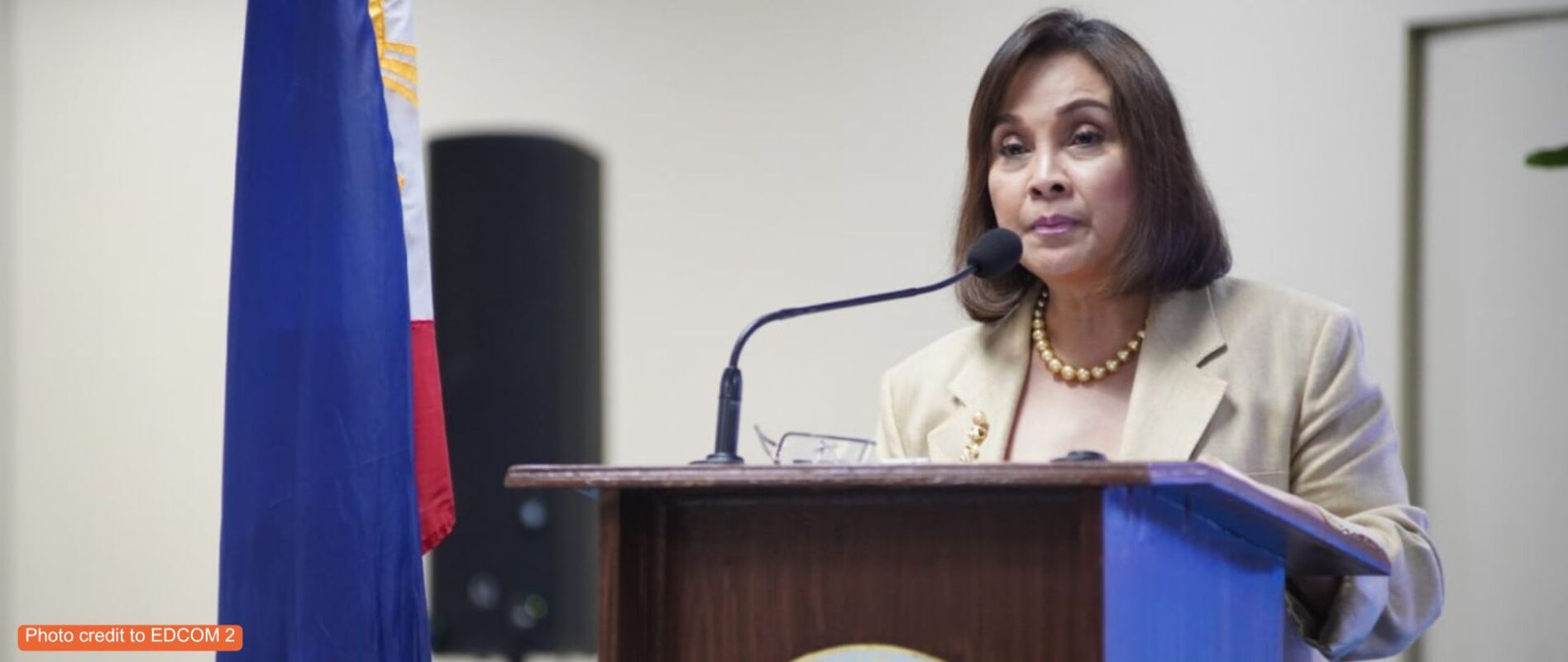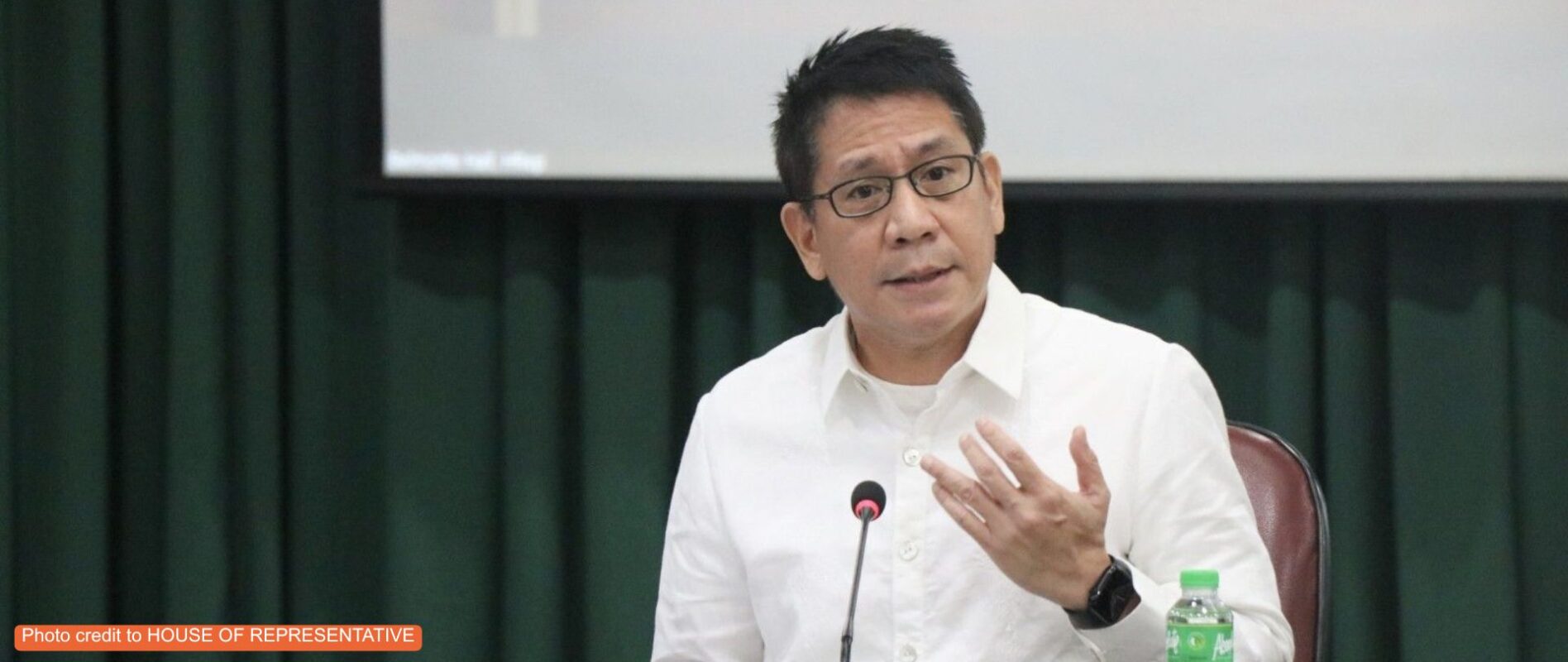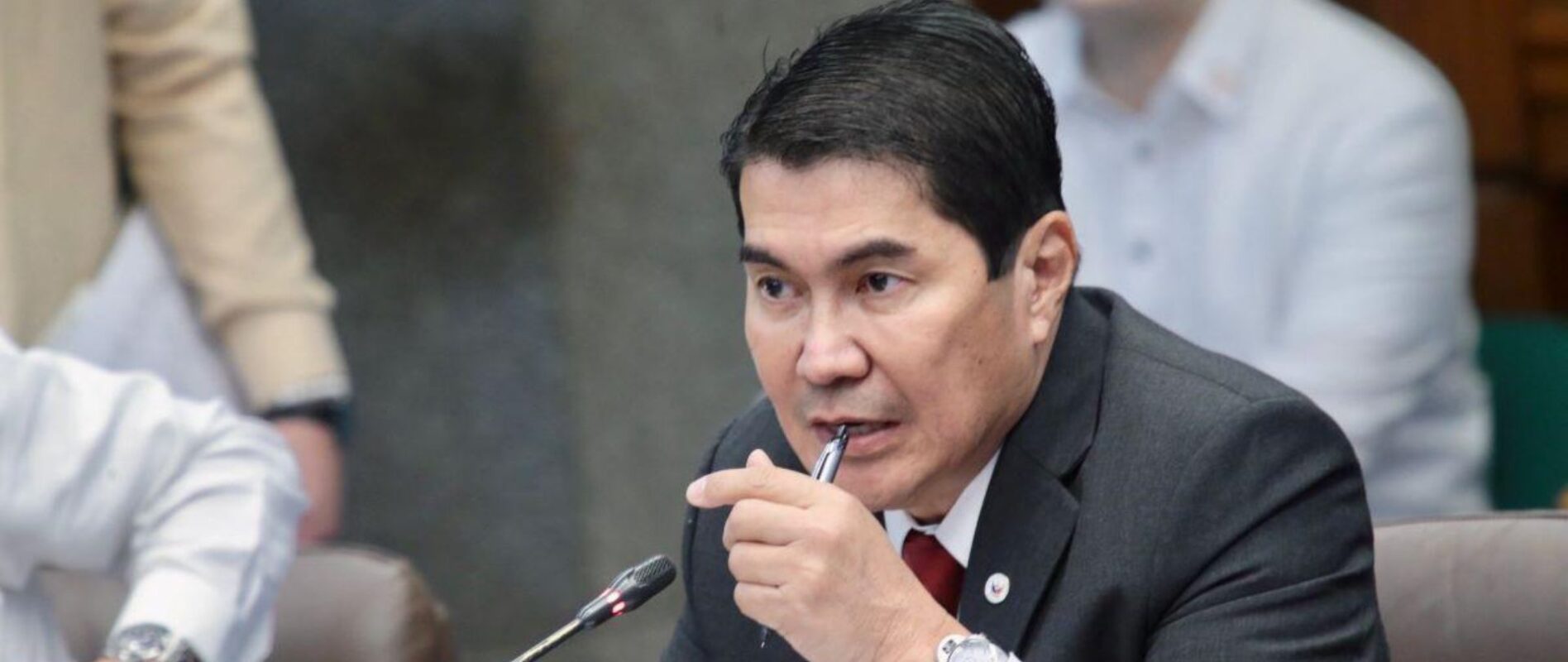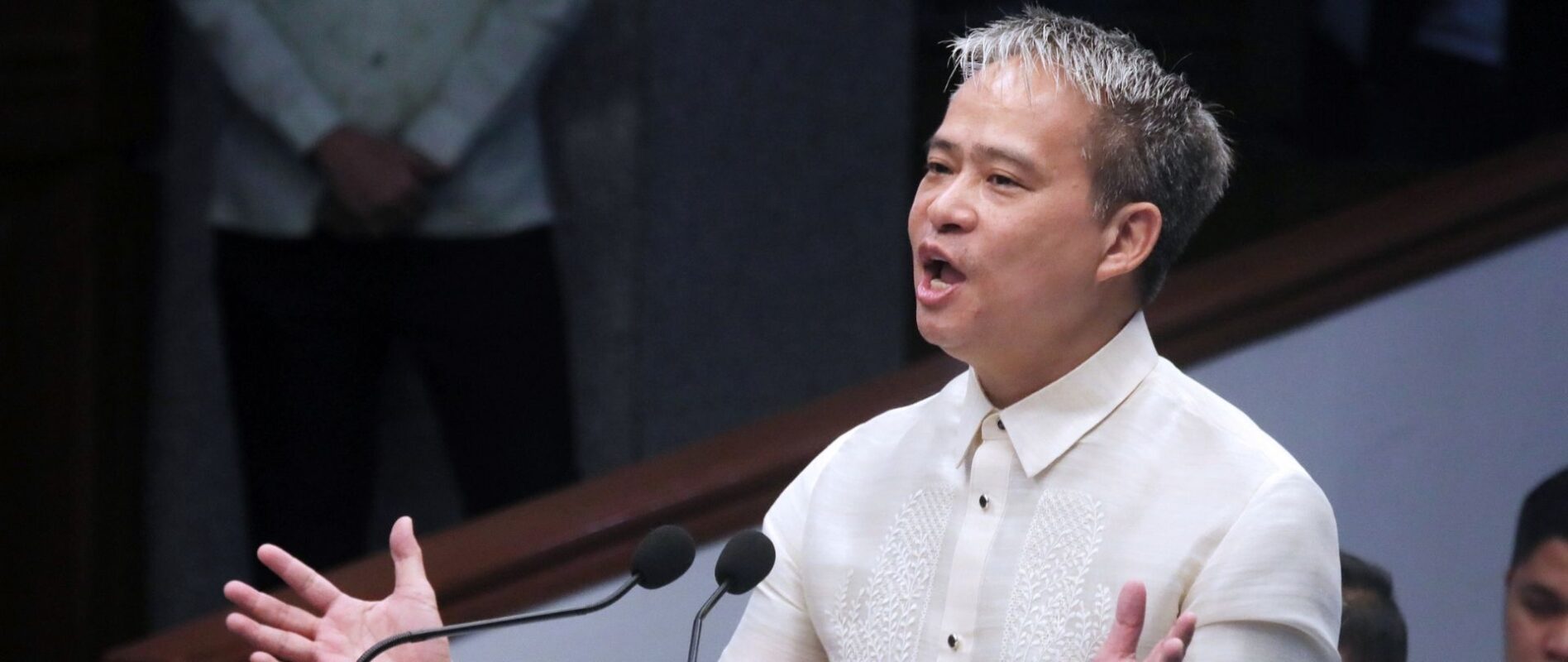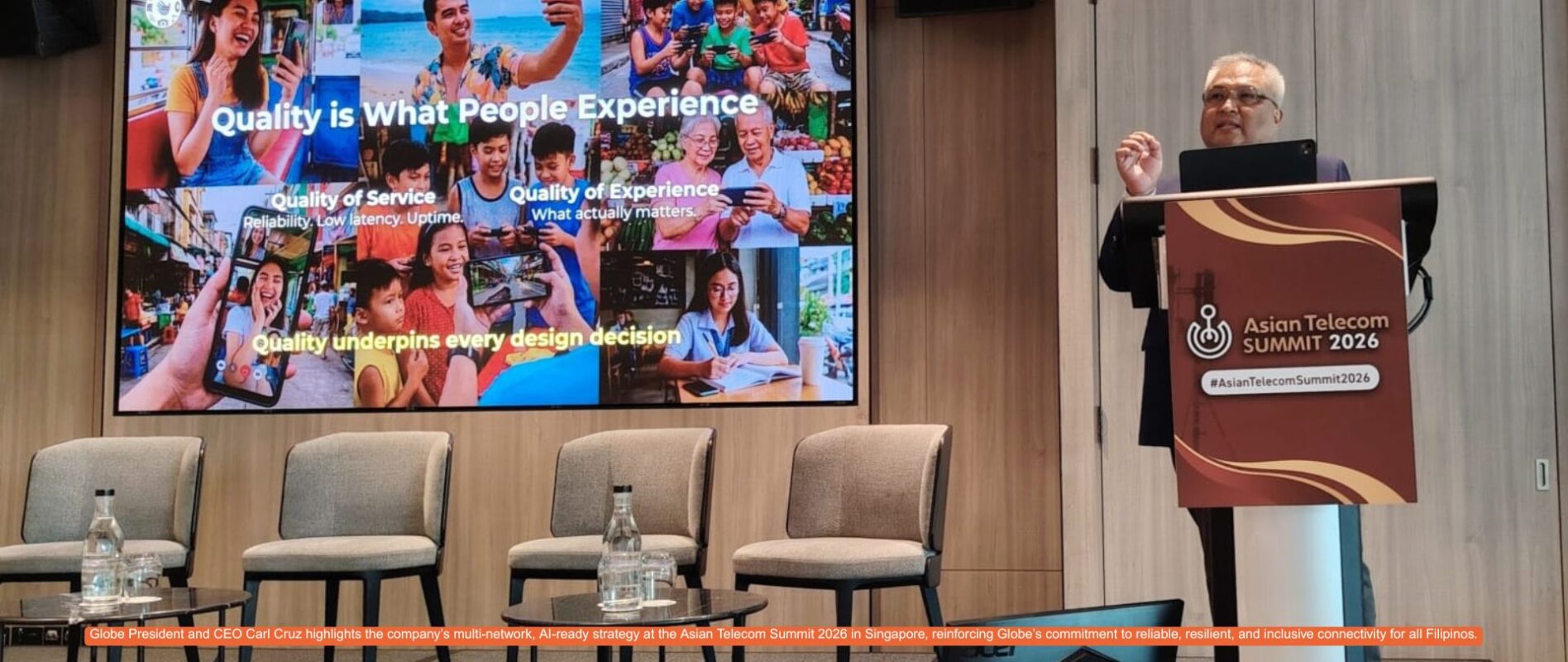LAWMAKER WANTS BARANGAYS TO LEAD FIGHT VS CHILD STUNTING AND POOR EARLY CHILDHOOD CARE
SENATE Minority Leader Alan Peter Cayetano underscored the importance of empowering barangays to take the lead in combating child stunting and poor early childhood care, stressing that national government efforts must begin at the community level where the problem is most evident.
This comes as the Department of the Interior and Local Government (DILG) defended its proposed P287.48-billion budget for 2026, which includes funding for early childhood programs and the construction of 50 new child development centers nationwide.
During budget deliberations, it was revealed that around 3,810 barangays still lack daycare centers. While this is an improvement, it still echoes findings from the Second Congressional Commission on Education Year 2 Report—co-chaired by Cayetano—which previously identified about 5,800 barangays without such facilities.
Cayetano stressed the urgency of addressing malnutrition and early learning gaps through community-based solutions, noting that one in four Filipino children under five is stunted—a condition caused by chronic undernutrition that can lead to irreversible physical and cognitive damage.
“Marami sa mga batang stunted ang magiging future PWDs. The more we address stunting now, the less we’ll have to spend on interventions later,” he said.
Earlier this year, Cayetano filed Senate Bill No. 2808, or the Anti-Stunting Action Plan Council Act, which seeks to create a high-level inter-agency council to align national and local efforts against child stunting.
The proposed council would coordinate among agencies like the DILG, Department of Health (DOH), Department of Social Welfare and Development (DSWD), and Department of Education (DepEd) to implement integrated nutrition, health, and education programs. It also includes the creation of a national stunting database for better monitoring and streamlined implementation.
Complementing this initiative, Cayetano also refiled Senate Bill No. 419, or the “Mahal Ko, Barangay Health Worker Ko Law,” which aims to professionalize and fairly compensate barangay health workers.
The bill mandates adequate salaries, benefits, and job security for BHWs, recognizing their essential role in delivering frontline healthcare and early childhood services in local communities.


